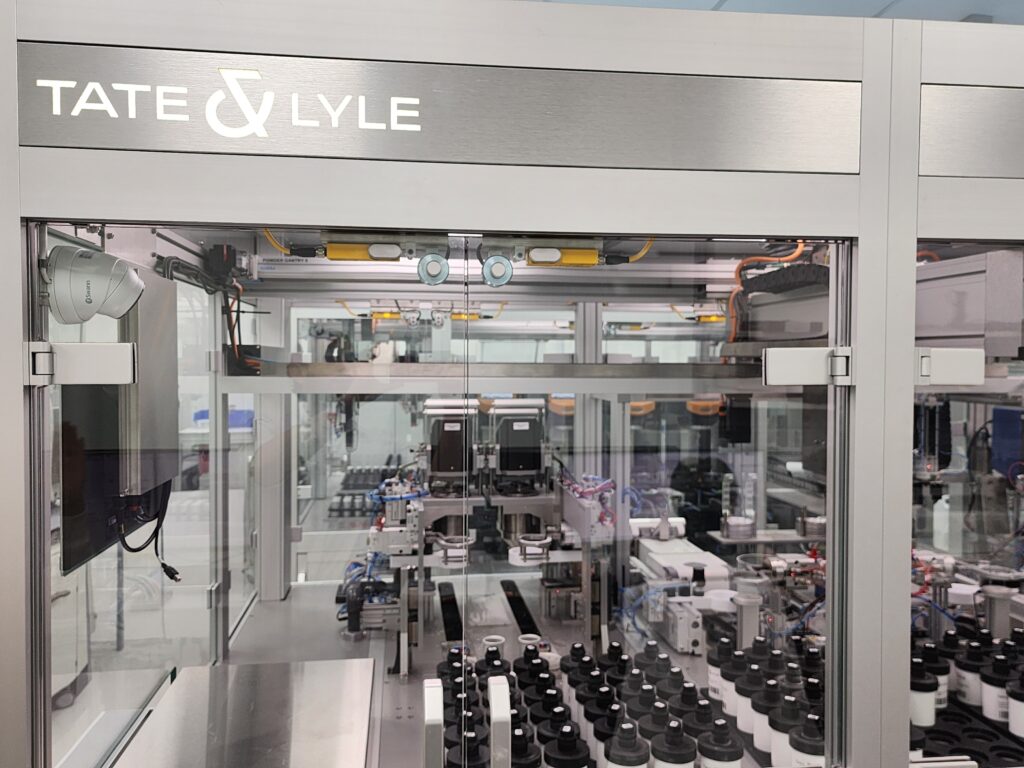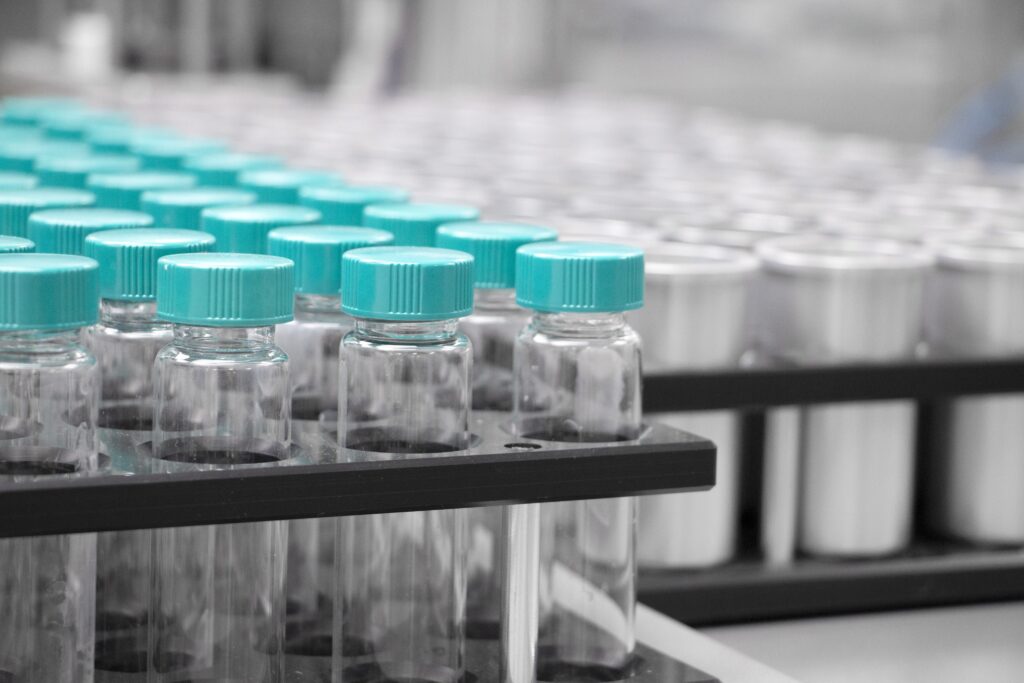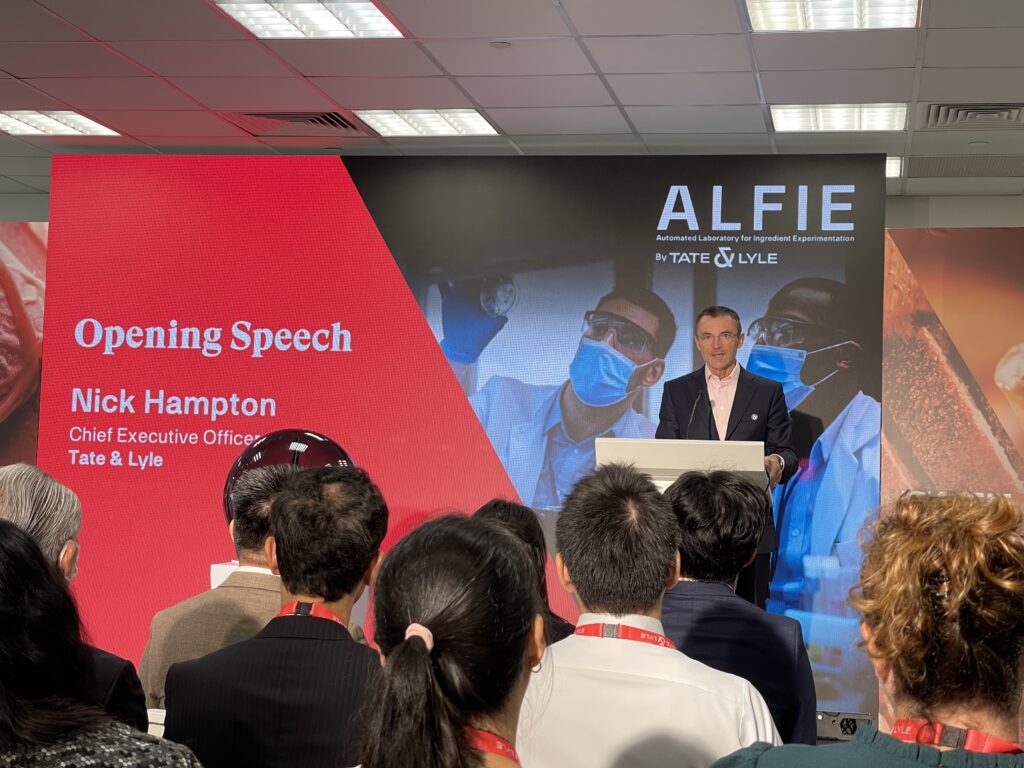
The food and beverage industry is undergoing a transformative shift with the rapid integration of robotics, automation and AI.
As consumer demands for higher quality, as well as more diverse and nutritional food options, food processing and manufacturing companies are turning to these advanced innovations to enhance efficiency, safety and consistency in production.
Robotics is playing a crucial role in various stages, from sorting and packaging to quality control, reducing human error and increasing speed. AI-powered algorithms, meanwhile, enable predictive maintenance, optimise energy consumption, and streamline supply chain logistics, allowing companies to achieve significant cost savings and reduce environmental impact.
This trend is also driven by labour and talent shortages and the need for enhanced food safety standards, which has prompted companies to rethink their production models.
Automation and AI are being adopted to address these challenges, making food processing more resilient and adaptable.
With AI-based quality control systems able to detect anomalies and predict equipment malfunctions, companies are also reducing downtime and waste, further boosting operational efficiency. As automation and robotics become more sophisticated, the food processing industry stands to benefit from improved hygiene, traceability, and scalability, positioning itself to meet both current demands and future challenges.
Tate & Lyle, a notable global leader in ingredient solutions for healthier food and beverages, has launched its new automated laboratory for ingredient experimentation, abbreviated as ALFIE, in Singapore.
ALFIE, which represents a multi-million pound investment in innovation by Tate & Lyle, has the ability to run characterisation tests at around 10 times the current rate, and provides enhanced predictive modelling.
It comprises two robotic systems with complete connectivity and seamless data flow for fast ingredient and solution design. By accelerating sample production, characterisation and modelling, the company will be able to trial new ingredients more efficiently and create new solutions for customers at greater pace.

This major investment by Tate & Lyle, with support from the Singapore Economic Development Board (EDB), makes the Singapore lab Tate & Lyle’s Asia Pacific hub for mouthfeel R&D and customer solutions.
While ALFIE will be operated by Tate & Lyle’s on-site scientists in Singapore, it is also connected to the company’s customer collaboration and innovation centre in Hoffman Estates, near Chicago, U.S., where scientists will be able to operate ALFIE virtually.
The launch of ALFIE also aligns with Singapore’s Food Manufacturing Industry Transformation Map (ITM) 2025 which charts the development of Singapore into a leading food and nutrition hub in Asia.
Nick Hampton, chief executive of Tate & Lyle said that the company’s goal was to create a revolutionary tool that would better predict product performance in food manufacturing and allow Tate & Lyle to create faster and improved solutions to customer challenges.
“ALFIE’s cutting-edge technology will enable us to push the boundaries of food innovation, speed up our customers’ innovation cycles, improve consumer choice for healthier food and beverages, and help shape the future of the food industry,” said Hampton.

Through the pioneering use of automated robotics and after seven years of development, ALFIE represents a revolution in the delivery of mouthfeel solutions for food manufacturing companies, providing faster and more accurate ingredient design and accelerating speed-to-market for new products.












